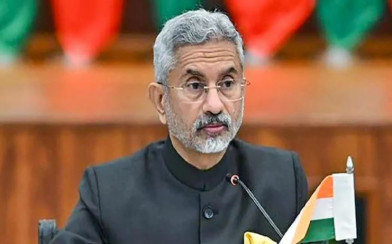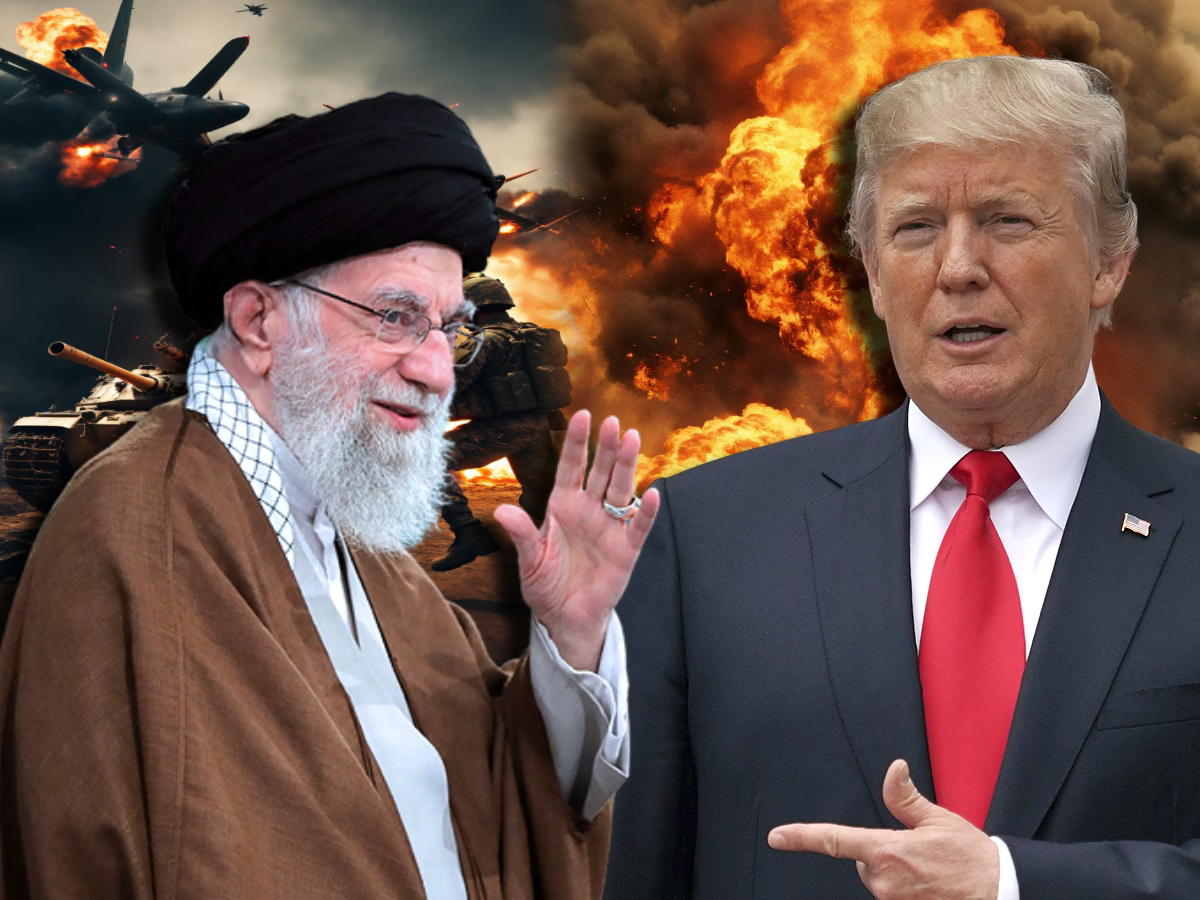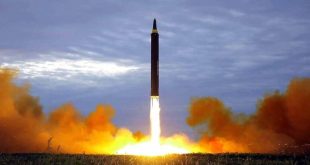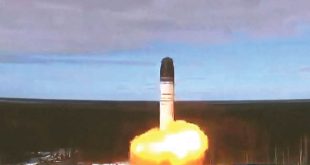New Delhi. External Affairs Minister S Jaishankar on Saturday said the situation along the Line of Actual Control (LAC) in eastern Ladakh remains “very fragile” and as per military assessment due to the close deployment of troops by both India and China in some areas. The situation is “quite dangerous”. However, the foreign minister also said that there has been ‘substantial’ progress in the process of disengagement in many areas. Jaishankar also said that he and the then Chinese Foreign Minister Wang Yi had reached an agreement in principle in September 2020 on how to resolve the issue. It was agreed upon that now China has to fulfill it.
Speaking at the ‘India Today Conclave’, Foreign Minister Jaishankar made it clear that relations between the two neighboring countries cannot be normal until ‘these problems’ are resolved. Troops of India and China have been locked in a face-off at some places in eastern Ladakh for almost three years, although both countries have completed the process of disengagement from several other areas after extensive diplomatic and military talks. S Jaishankar said, “I would say, this is a very challenging and unusual phase in our relationship with China. I say this because from 1988, when Rajiv Gandhi went there, till 2020, the understanding was that peace would be maintained on the border.
China violated agreements in 2020
The External Affairs Minister also referred to the agreements between the two sides on not bringing in large numbers of military forces along the border and said that “very specific” way understandings and “protocols” were also drawn up to deal with different situations. Were. Jaishankar said that China violated agreements in 2020, the results of which were seen in Galvan Valley and other areas. “We have deployed our troops, we have stood our ground and I think the situation remains very critical because there are places where our deployment is very close and there is no real military assessment,” he said. In that (situation) is very dangerous.
We do not accept any breach of peace
“We have made a lot of progress when it comes to disengagement in many areas. There are many such areas which we are discussing. It is a laborious task and we will do it. You cannot violate agreements and then want the rest of the relationship to continue as if nothing happened. This will not work.” A day before the foreign minister’s statement, Army Chief General Manoj Pandey had said that the situation on the Line of Actual Control is stable but the whole matter needs to be closely monitored.
In his remarks, the External Affairs Minister also referred to his meeting with his new Chinese counterpart Chin Kang on March 2 on the sidelines of the G20 Foreign Ministers’ meeting. He said, “My recent meeting was with the new foreign minister Chin Kang when the G20 foreign ministers meeting took place. We had a long conversation about this. In September 2020, Wang Yi and I agreed in principle on how to resolve it. So what the Chinese had agreed upon, for which they had fought, now they have to fulfill it.
When asked why the Chinese side is not fulfilling those agreements/agreements, he said, “That is a question you need to ask them. I cannot answer that. Because the situation is clear to me. Until these problems are not resolved, our relations will not be normal. I want to be very clear.
Discussion continues in both the countries
On February 22 this year, India and China held diplomatic talks in Beijing and discussed in an ‘open and constructive’ manner proposals for disengagement from the remaining friction points along the Line of Actual Control (LAC) in eastern Ladakh. Both sides discussed these proposals at the meeting of the Working Mechanism for Consultation and Coordination (WMCC) on the India-China border issue in Beijing.
Relations deteriorated after the Pangong lake skirmish
A deadlock had arisen in eastern Ladakh on May 5, 2020 itself after violent clashes in the Pangong Lake area. Relations between the two countries took a nosedive after a fierce clash in the Galwan Valley in June 2020. As a result of military and diplomatic talks, both sides completed the process of disengagement from the north and south banks of Pangong Lake and the Gogra sector in 2021 Did.
 Indian Thought Latest News & Views
Indian Thought Latest News & Views



